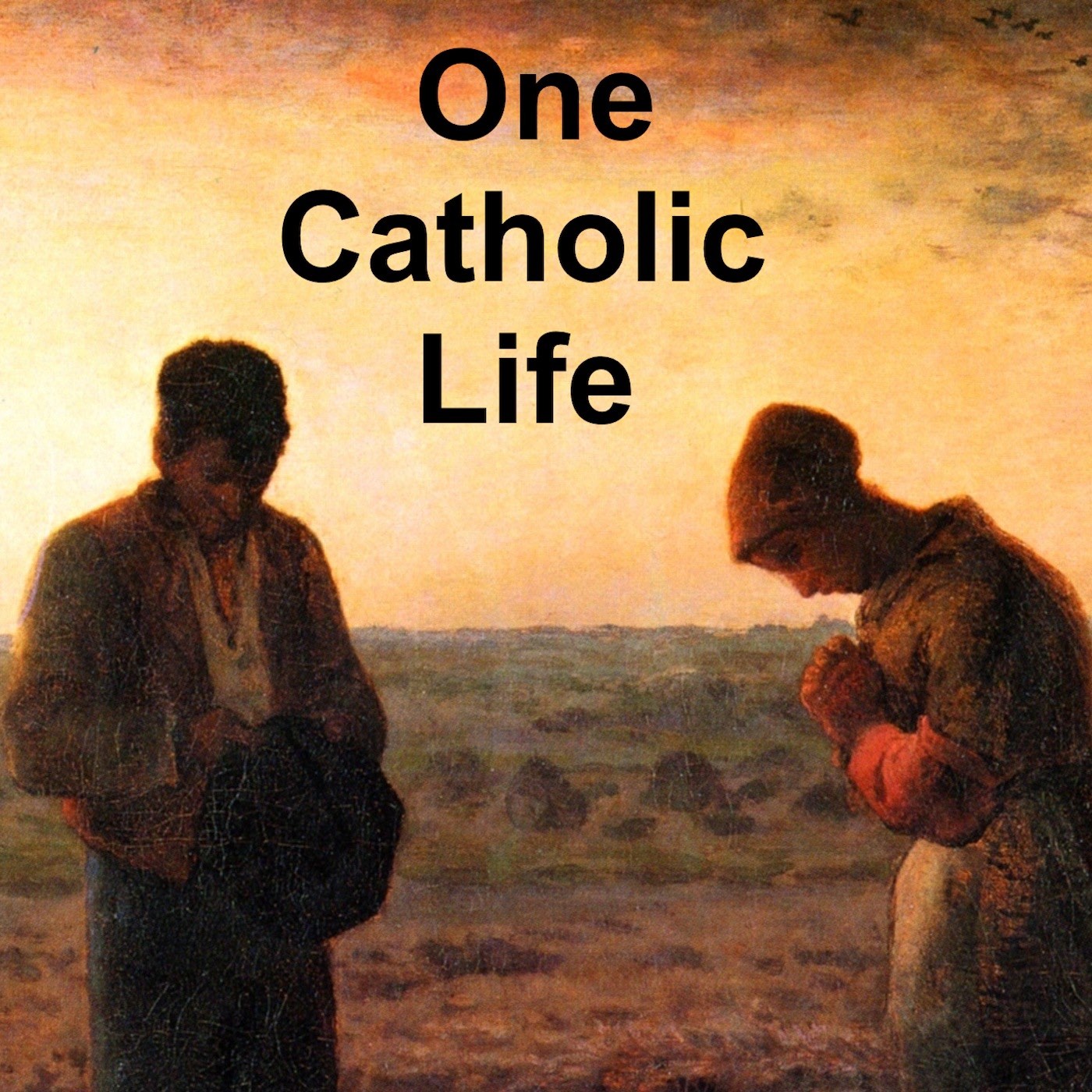No More War, War Never Again! – Homily for the 25th Sunday in Ordinary Time
Description
This weekend is Catechetical Sunday, the day we recognize and commission those who assist parents in the important task of handing on the faith.
While the primary duty of handing on the faith belongs to parents, it’s such a monumental task that it’s good to have some assistance. That’s why Catholic schools and religious education programs exist. It takes an entire community working together in Christ to build the Kingdom of God.
And in the work of catechesis, there are three teaching strategies that are particularly helpful: asking good questions, repetition, and practice.
Good questions are the foundation of a solid education. The best lessons begin with questions. There are science questions like “Why is the sky blue?” and “What makes the tides?” There are math questions like “How can we determine the area of a circle?” and history questions like “Who invented the alphabet?”
The Letter of James today asks a question, a powerful question. “Where do the wars and where do the conflicts among you come from?”
After two thousand years of Christianity, the question is still relevant. War is still here. It exists not only between nations, but between communities, social groups, and neighbors.
Why do we wage war? Why can we not live in peace?
It’s a question that begs to be asked over and over, by each generation, until war no longer exists.
We teachers here at All Saints recently studied the book Brain Rules by Dr. John Medina. One of the things we learned about brain research and learning is summarized in his rule “Repeat to remember.”
Dr. Medina writes that “The capacity of the memory is initially less than 30 seconds. If we don’t repeat the information it disappears.”
Never is that more clear than with the issue of war and peace. How soon we forget the terror of war. How easily it seems so distant to us.
50 years ago, on October 4, 1965, Pope Paul VI came to the United States and spoke to the United Nations. He told the nations of the world,
“No more war, war never again! It is peace, peace which must guide the destinies of peoples and of all [humanity]…Peace, as you know, is not built solely by means of politics and the balance of forces and of interests. It is constructed with the mind, with ideas, with works of peace…”
Ideas and works.
And then thirty-six years ago, on October 2, 1979, Pope St. John Paul II spoke to that same body, the United Nations. He said,
“Paul VI was a tireless servant of the cause of peace. I wish to follow him with all my strength and continue his service. The Catholic Church in every place on earth proclaims a message of peace, prays for peace, educates for peace…”
Twenty years ago, on October 4, 1995, Pope St. John Paul II returned once more to the United Nations to tell them again,
“When millions of people are suffering from a poverty which means hunger, malnutrition, sickness, illiteracy, and degradation, we must…remind ourselves that no one has a right to exploit another for his own advantage…”
And it was only just seven years ago, in April of 2008, that Pope Benedict came and spoke to the United Nations.
“…questions of security,” he said, “…protection of the environment, of resources and of the climate, require all international leaders to act jointly and to show a readiness to work in good faith, respecting the law, and promoting solidarity with the weakest regions of the planet.”
Pope Francis arrives in our country in just a few days. He touches down in Washington, D.C., on Tuesday evening. On Wednesday he will be welcomed by President Obama, will pray with all the bishops of the United States at noon, and that evening he will canonize a new saint.
On Thursday he will address congress and on Friday he will address the United Nations. What will he say to those political bodies? What we will he say to us
More Episodes
We are given very powerful readings today,
powerful individually and powerful collectively.
And at the heart of them all is a line by St. Paul
in his letter to the Romans:
“…be transformed by the renewal of your mind,
that you may discern what is the will of God,
what is good and pleasing...
Published 09/04/23
Published 09/04/23
It’s a sad fact of history
that the largest religious community
that ever lived together in the same place
in the history of the Catholic Church
was at the Dachau concentration camp in Germany during World War II.
Over 2,500 Catholic priests became prisoners in Dachau,
in Cellblock 26,...
Published 02/13/23


